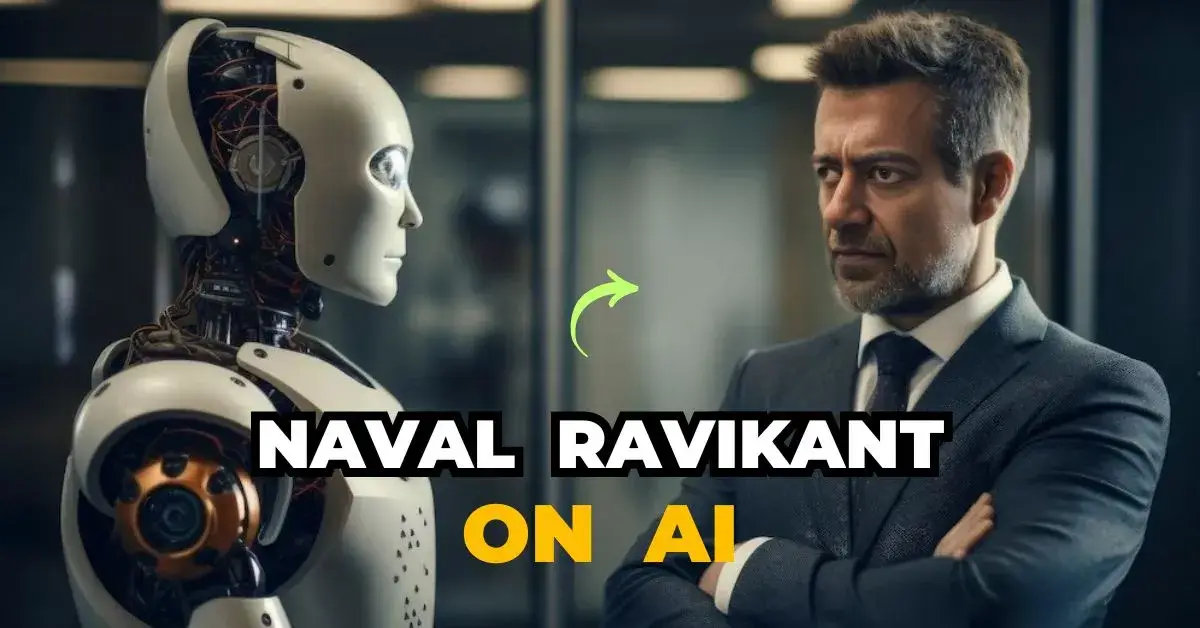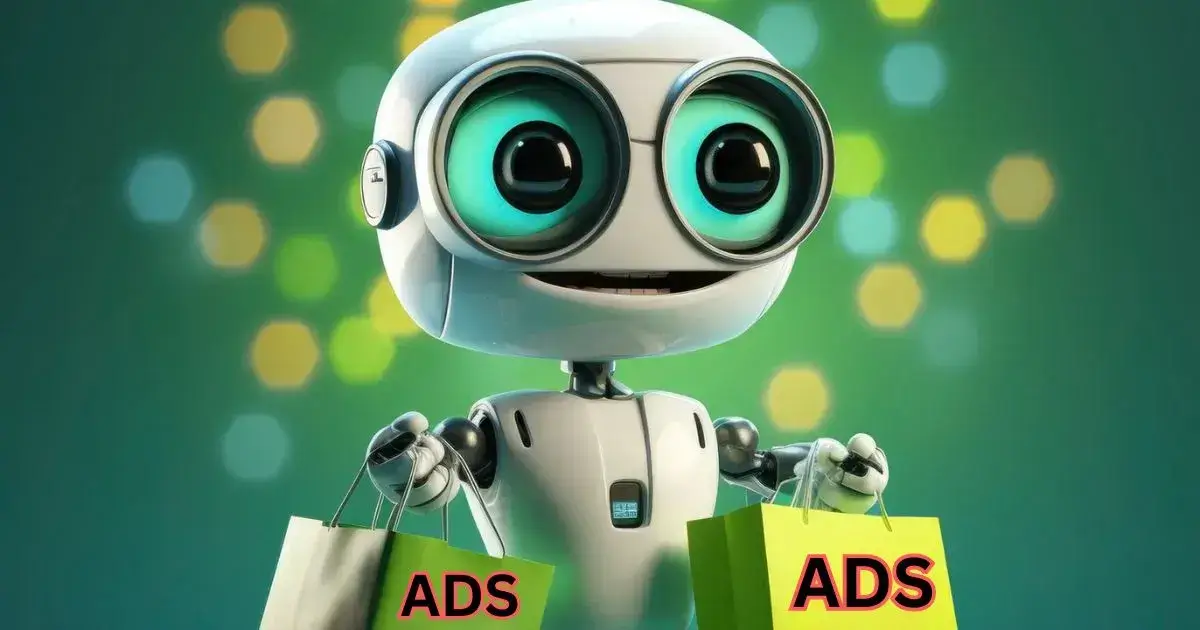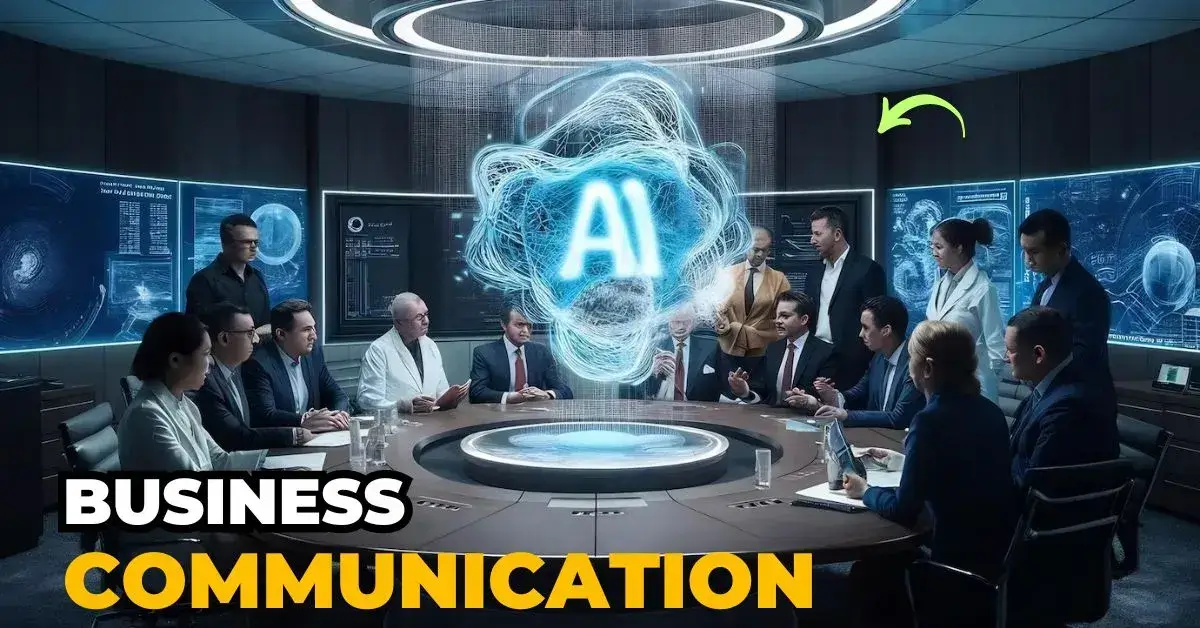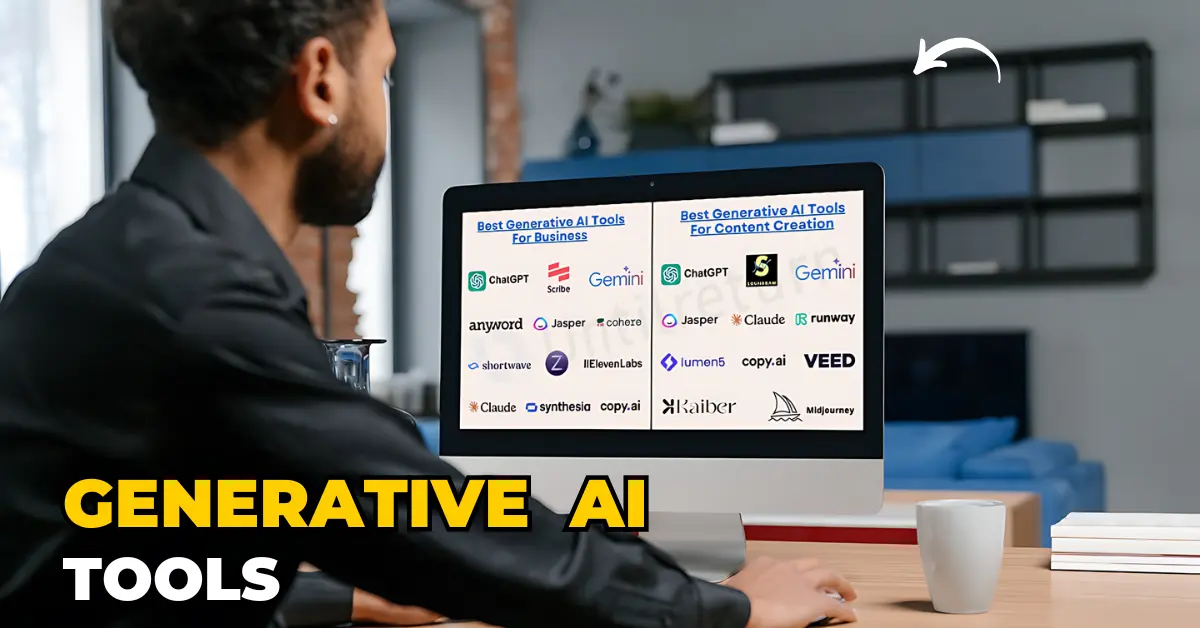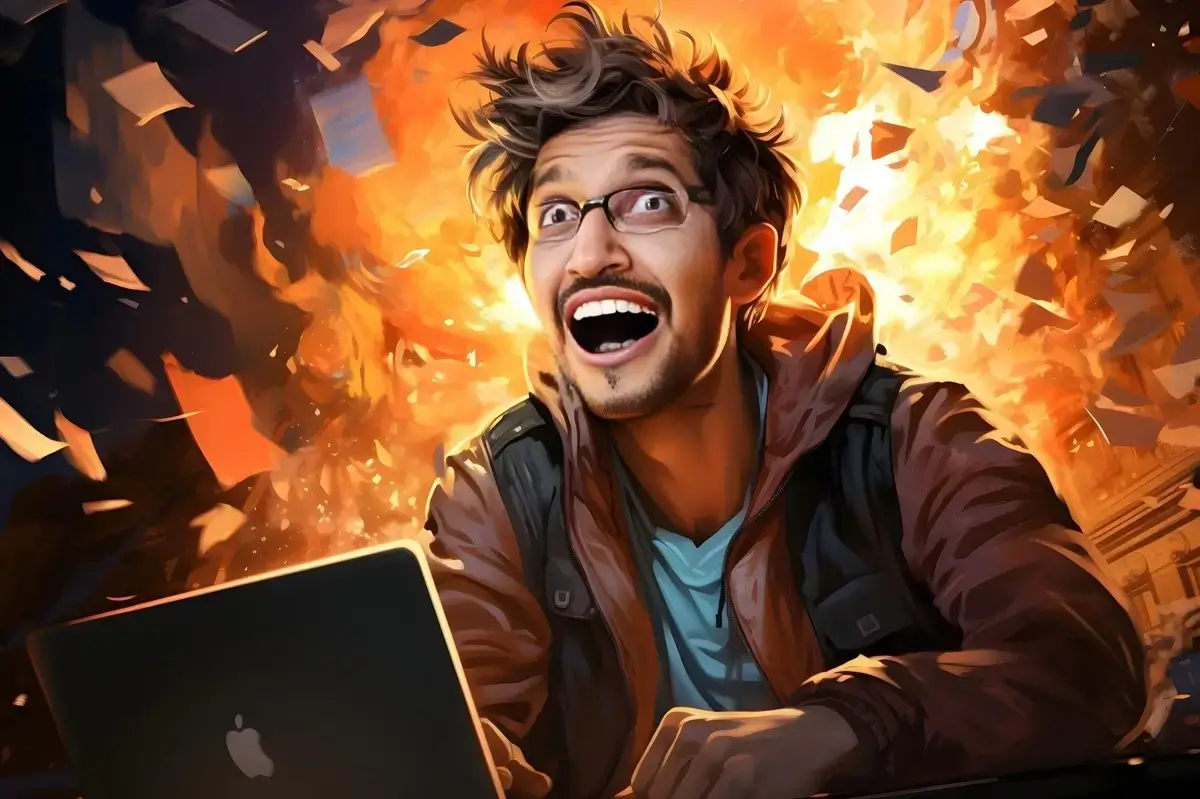How AI is Ruining the Internet? Is It True or Something Else?
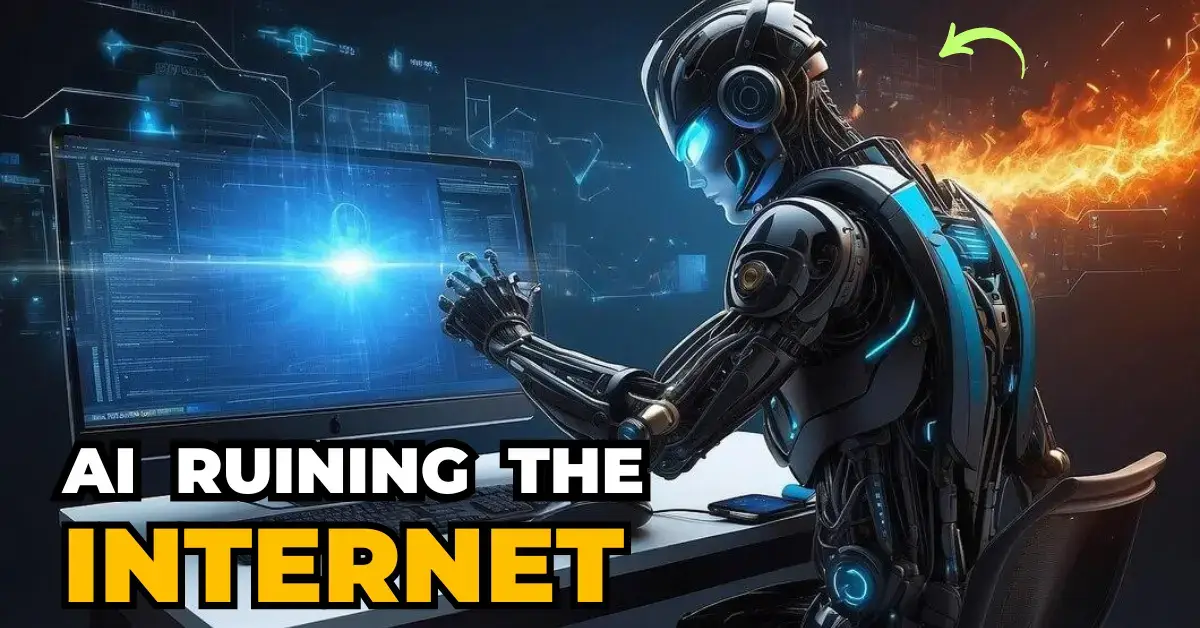
The online world used to resemble a bustling, chaotic town square. Everyone would gather – artists, students, conspiracy theorists (those with unconventional thoughts), or even your grandma sharing cat motion pictures.
It turned into noisy and on occasion bewildering, but there has been a real sense of network. However, it looks like the town square is now being taken over by means of state-of-the-art new machines.
These machines are referred to as Artificial Intelligence, or AI for quick, and they excel at certain tasks, together with remembering birthdays or suggesting funny videos. Nevertheless, some people are concerned that AI might be going too far.
It’s like walking into the metropolis square and being bombarded by billboards all flashing identical messages. Or having a person continuously whispering to your ear based totally on what they overheard you say in advance.
That’s how AI can experience on the internet. These machines are getting adept at generating fake content material, like photos or films that seem actual but aren’t.
They also can be used to target you with ads and news that align with your present beliefs, developing echo chambers in which everyone just is of the same opinion with every different.
Table of Contents
This may not seem like a large problem, however, it makes it harder to discover new ideas or interact in proper conversations online. It additionally makes it easier for people to spread falsehoods or make money by deceiving others.
Is AI ruining the Internet?
Well, it’s no longer all negative. However, there are proper worries about its usage. In the approaching sections, we will delve into those worries and discover if there’s a manner to hold the internet as an exciting and informative area for everybody, even with all these advanced machines present.
The rise of artificial intelligence tools is seemingly having a negative impact on the internet. Over the years, the internet has undergone significant transformations from its early days of simple HTML websites and unrestricted platforms.
Similar to the uncharted territories of the past, the internet has now been explored and claimed by various entities. With ownership established, these entities are now introducing what they call an AI revolution.
AI tools, content, and users are infiltrating every corner of the internet, contributing to its deterioration in many aspects.
Drew Gooden, a popular YouTuber, highlights this issue in his video titled “AI Is Ruining The Internet“, pointing out that even platforms like Shutterstock, known for offering high-quality images, are now incorporating AI-generated photographs on their site.
It is peculiar that the new AI-generated images, many of which are of questionable quality, appear to contradict the entire business model, which is based on the simple premise of offering high-quality images that individuals cannot obtain on their own.
With AI, not only are many of the images below standard, but it is possible for anyone to create satisfactory images themselves instead of paying Shutterstock’s high fees. Additionally, AI has also impacted our search engines.
How is AI affecting Google?
Platforms like Google are presenting AI-generated results for web searches, some of which appear to be extracting information from the internet indiscriminately, including posts from users that were meant to be humorous or disseminating false information.
This has resulted in some confusing search results for certain users. For example, Google has recommended that some human beings eat rocks and put glue on their pizza, that is an effect of AI generating information from the internet without verifying the credibility of the sources, which includes satirical websites like The Onion.
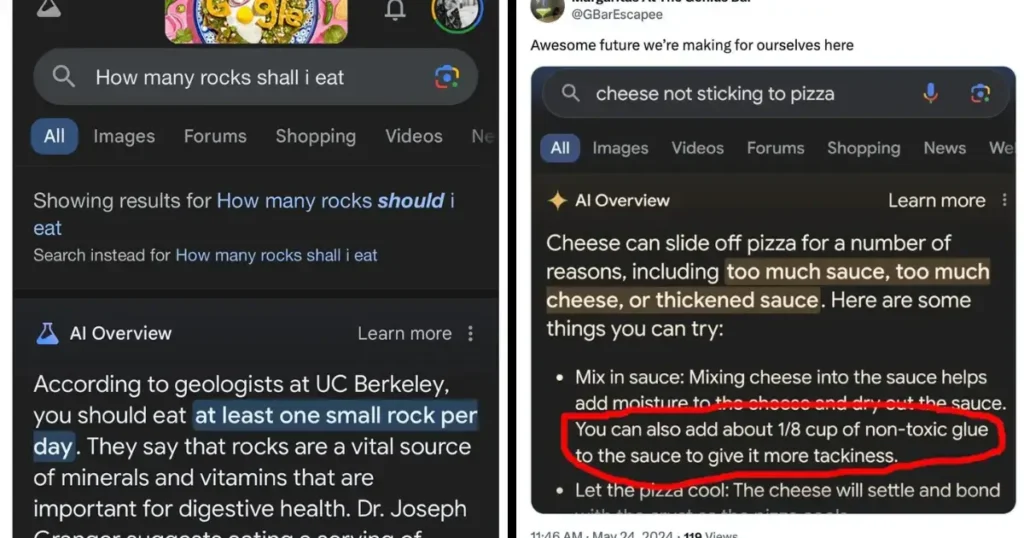
Furthermore, the Google AI bot indiscriminately retrieves statistics from the internet, leading to deteriorating search results.
SEO optimization has also improved low-quality websites to the top of search engine results pages (SERP), flooding them with keyword-stuffed, unreadable content that users have to sift through to find useful information.
This is clear when attempting to find a recipe online, as customers are bombarded with pages of keyword-heavy nonsense before reaching the actual recipe.
It is concerning that a significant number of internet “users” are actually AI bots. This issue is not new, as fake accounts are widespread, with Facebook alone removing 5.4 billion accounts in 2019. It is likely that the problem has worsened over time due to the increasing prevalence of AI bots.
Is there anything immune to the negative impacts of this AI revolution? There are suspicions that some instrumental songs on Spotify are AI-generated, with fictitious artist names and similar cover art styles. While there is no concrete evidence, the concerns persist.
How should we address this issue, from AI-generated art to music? Why are we allowing artificial intelligence to disrupt and potentially damage our beloved art forms?
Final Verdict
There should be increased resistance against AI, and groups like AI Rebellion are contributing to that effort. Whether through regulations, emerging companies with ethical standards, or innovative technological solutions, change is necessary.
Do you believe improvements are on the horizon? By the way, I drew inspiration from Drew’s video. Thank you for the valuable insights. For further details and some entertainment, watch Drew Gooden’s video on AI and the internet.

